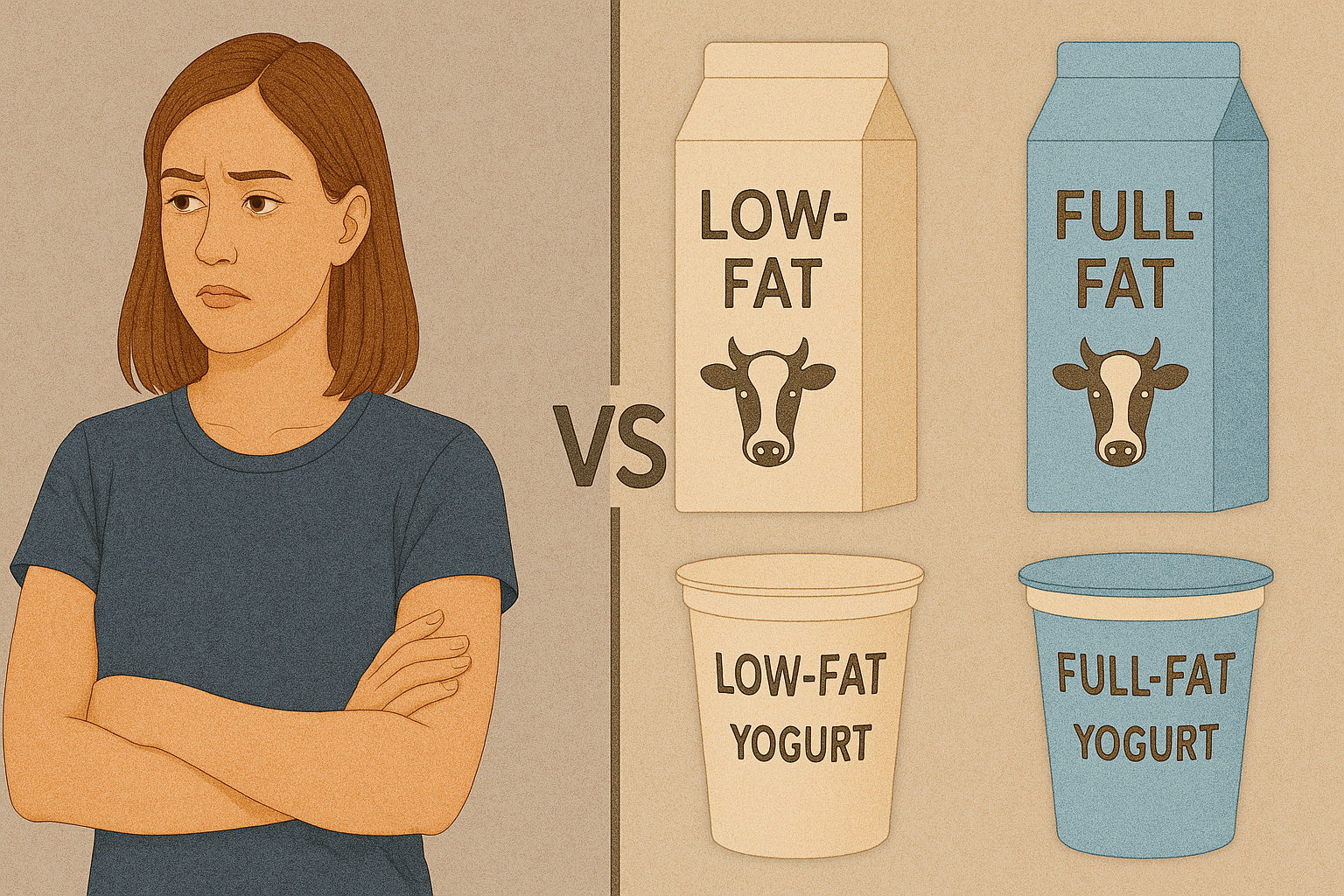Now Reading: Small Meals vs Large Meals: What Science Says About Health
-
01
Small Meals vs Large Meals: What Science Says About Health
Small Meals vs Large Meals: What Science Says About Health

When it comes to eating habits, there’s a popular debate that’s been simmering for years—is it better to eat several small meals throughout the day, or stick to fewer, larger ones?
You’ve likely heard arguments on both sides. Some swear by six small meals a day to keep energy levels stable, while others prefer three square meals to feel properly full and satisfied. So who’s right? And more importantly, what does science actually say?
Let’s break it down in simple terms so you can decide which path might be better for your health and lifestyle.
The Basics of Meal Frequency
Meal frequency just means how often you eat during the day. It could look like:
- Three larger meals: Breakfast, lunch, and dinner.
- Five to six smaller meals: Spread evenly throughout the day, often including snacks.
Beneath the surface, how frequently you eat can affect your metabolism, blood sugar, hunger levels, and more. But is more always better? Turns out, it depends on your personal health goals, lifestyle, and even genetics.
The Science Behind Small vs. Large Meals
Let’s compare the two approaches across several key health factors.
1. Weight Loss and Metabolism
Many people assume that eating smaller, more frequent meals “stokes the metabolic fire.” But according to research, this idea is more myth than fact.
A study published in the Journal of the International Society of Sports Nutrition showed that increasing meal frequency doesn’t significantly boost metabolism. In fact, the number of calories you eat matters more than how often you eat them.
So if your goal is to lose weight, your total daily calorie intake plays a bigger role than meal timing.
2. Blood Sugar Control
Smaller, frequent meals may help keep blood sugar levels stable, particularly for people with diabetes or insulin resistance. Why?
Eating every few hours avoids large spikes and crashes in blood sugar. On the flip side, fewer, heavier meals might trigger more dramatic shifts in glucose levels.
But here’s the catch: eating smaller meals too often, especially if they include refined carbs or added sugars, can worsen blood sugar over time.
3. Hunger & Satiety
This one is pretty personal. Some people feel constantly hungry if they only eat three meals a day. Others feel like grazing leaves them unsatisfied.
One study in the journal Obesity found that people who ate three larger meals reported feeling fuller longer compared to those who had six smaller meals. Sounds surprising, right?
If you’re someone who tends to overeat when snacking throughout the day, you might benefit from fewer, more structured meals that keep you satisfied.
4. Energy & Focus
Ever hit that afternoon slump and wonder if it’s because you skipped a snack?
While some say that frequent meals give you steady energy all day, the science isn’t crystal clear. In fact, eating too often may prevent your body from entering fat-burning mode between meals, especially if meals are carb-heavy.
On the other hand, for athletes or people with high energy demands, spreading protein and carbs across 4-6 meals might help maintain physical performance and focus throughout the day.
Meal Frequency Comparison Table
| Factor | Smaller, Frequent Meals | Fewer, Larger Meals |
|---|---|---|
| Weight Loss | No proven advantage | Equally effective with calorie control |
| Blood Sugar | May improve stability (especially for diabetics) | May cause spikes depending on carb content |
| Hunger & Satiety | Can reduce hunger but might lead to overeating | Better satiety reported in some studies |
| Energy & Focus | Helps with steady energy (when balanced) | May improve focus between meals for some people |
Consider Your Lifestyle and Goals
There’s no one-size-fits-all answer when it comes to how often you should eat. It depends on your day-to-day routine, health goals, and how your body responds to food.
Ask yourself:
- Do I often feel hungry and tired between meals?
- Am I trying to build muscle or lose weight?
- Does snacking lead me to overeat or make poor choices?
- How active am I during the day?
If you’re someone who’s constantly on the go or exercising regularly, frequent meals may give you the energy you need. On the other hand, if you’re seated at a desk most of the day, fewer meals might prevent unnecessary calorie intake.
Does Age Matter?
Interestingly, some research suggests that older adults might benefit more from fewer, protein-rich meals to preserve muscle mass. Meanwhile, younger people with higher metabolisms might thrive with smaller, more frequent meals.
Still, more research is needed to make specific age-based recommendations.
What About Intermittent Fasting?
Intermittent fasting (IF) is all about eating fewer meals within a shorter time window, like 8 hours a day. It’s become a hot topic for weight loss and longevity.
While IF doesn’t work for everyone, some studies show that limiting meal frequency can support fat loss, improve blood sugar control, and reduce inflammation for many people.
Tips for Choosing Your Best Meal Plan
Whether you go for three big meals or six small ones, the key lies in what you eat and how consistently you do it. Here are a few tips:
- Focus on whole foods: fresh fruits, vegetables, lean protein, whole grains, and healthy fats.
- Watch your portions: even healthy snacks can pack in extra calories.
- Stay hydrated: thirst is often mistaken for hunger.
- Plan ahead: having meals ready reduces the urge to snack on junk food.
Real-Life Example
Let’s say Sarah is a busy teacher who doesn’t have time to snack during her classes. Planning three satisfying, whole-food meals a day helps her avoid hunger and stay focused. Meanwhile, Jake, a personal trainer, benefits from eating five protein-rich mini-meals that fuel his workouts and recovery.
Different routines. Different goals. Different strategies.
The Takeaway
The best eating schedule is the one that:
- Lines up with your lifestyle
- Supports your energy and health goals
- Helps you stick to healthy food choices consistently
Whether you’re team “three meals” or “small bites all day,” what you eat is just as important as when you eat.
Sources
- Medical News Today: Small vs. Large Meals
- Journal of the International Society of Sports Nutrition
- Obesity Journal: Meal Frequency and Satiety Study
- Healthline: How Meal Frequency Affects Your Body
Remember: You’re unique. Your meal plan should be too. Listen to your body, and find a rhythm that fuels your best life.









